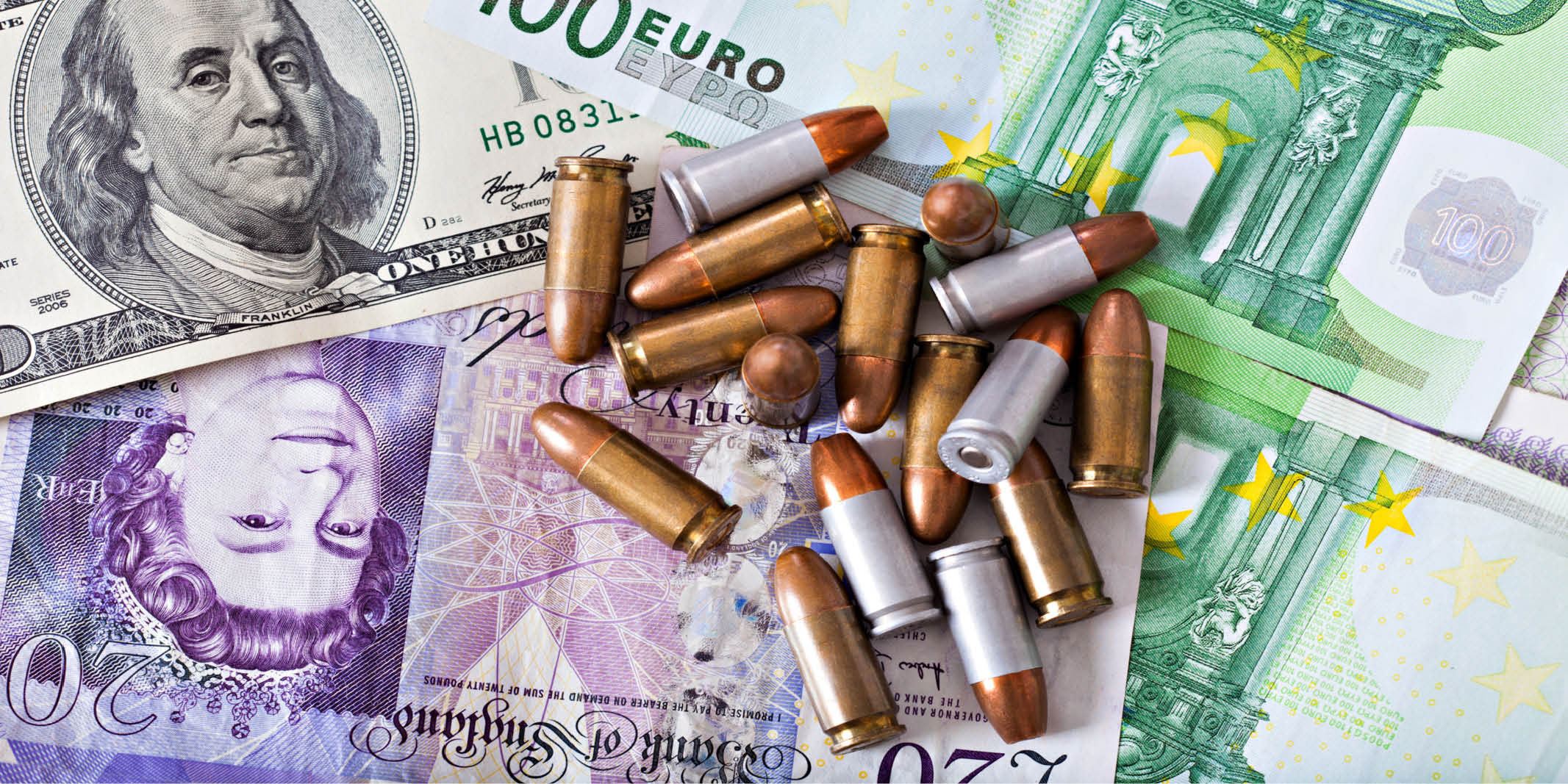
Terrorist Financing (TF)
Definition:
TF refers to the activities and processes involved in providing financial support to individuals or groups that engage in terrorist activities. This funding can originate from various sources, including legitimate businesses, donations, and criminal activities such as drug trafficking or money laundering. The funds are often used to support operations, recruit members, and promote ideologies.
Effective TF can be covert, utilising complex financial networks to obscure the source and destination of funds. This makes it challenging for governments and organisations to track and disrupt these financial flows. Efforts to combat TF involve international cooperation, regulatory frameworks, and strategic measures aimed at identifying and cutting off funding sources to prevent acts of terrorism.
Terrorist Financing - So what to Jersey?
TF presents significant challenges not only to national security but also to the integrity of the global financial system. International Finance Centres (such as Jersey), often characterised by their dense networks of banks, trust and company service providers, funds, investment, and other financial service providers, play a crucial role in both facilitating and combating TF.
IFCs are particularly relevant because they often serve as hubs for financial transactions that cross international borders. The complexity and speed of transactions in these environments can create opportunities for illicit activities, including TF, to go undetected. As a result, they are under heightened scrutiny from regulators and governments aiming to enforce compliance with Anti-Money Laundering (AML) and Counter-Terrorist Financing (CTF) regulations.
Regulated sectors in Jersey, such as those named above and others (which are defined on the Jersey Financial Services Commission website), are vital in the fight against TF because they are required to implement robust compliance measures. This includes rigorous Know Your Customer (KYC) protocols such as Client Due Diligence (CDD) and, where applicable, Enhanced Due Diligence (EDD), transaction monitoring, and reporting suspicious activities to the Financial Intelligence Unit (FIU) - Jersey by submitting a Suspicious Activity Report (SAR). By adhering to these regulations, Jersey's regulated sectors can help detect and report potentially unlawful activities, thereby closing the avenues terrorists might use to fund their operations via Jersey.
Additionally, IFCs often collaborate with global regulatory bodies, such as the Financial Action Task Force (FATF), to establish and promote guidelines for combating TF. This collaboration provides a framework for consistent reporting and regulatory practices across jurisdictions, enhancing the overall effectiveness of the global financial system in mitigating the risks associated with TF.
Types of criminal activities linked to illicit finance
As part of the FIU's mission to assist Jersey's regulated sectors, we have created below some criminology examples which explain what they are, and more importantly, the 'So what to Jersey' connection.
Understanding the 'So what to Jersey' connection
As an International Finance Centre (IFC), the Island's products, services or industries could be used by criminals for illicit financial activity. Whilst the criminal activity may not have occurred in Jersey, the funds or derived funds from such criminality might be placed within a Jersey product or structure, or pass through the island's financial system. It is therefore important to understand the 'So what to Jersey' principle in relation to each of the criminology types below.
To help understand the various criminologies better, we have produced fictional typologies (within our knowledge base section), which provide an examples on how they work, and importantly, illustrate the 'So what to Jersey' connection.













